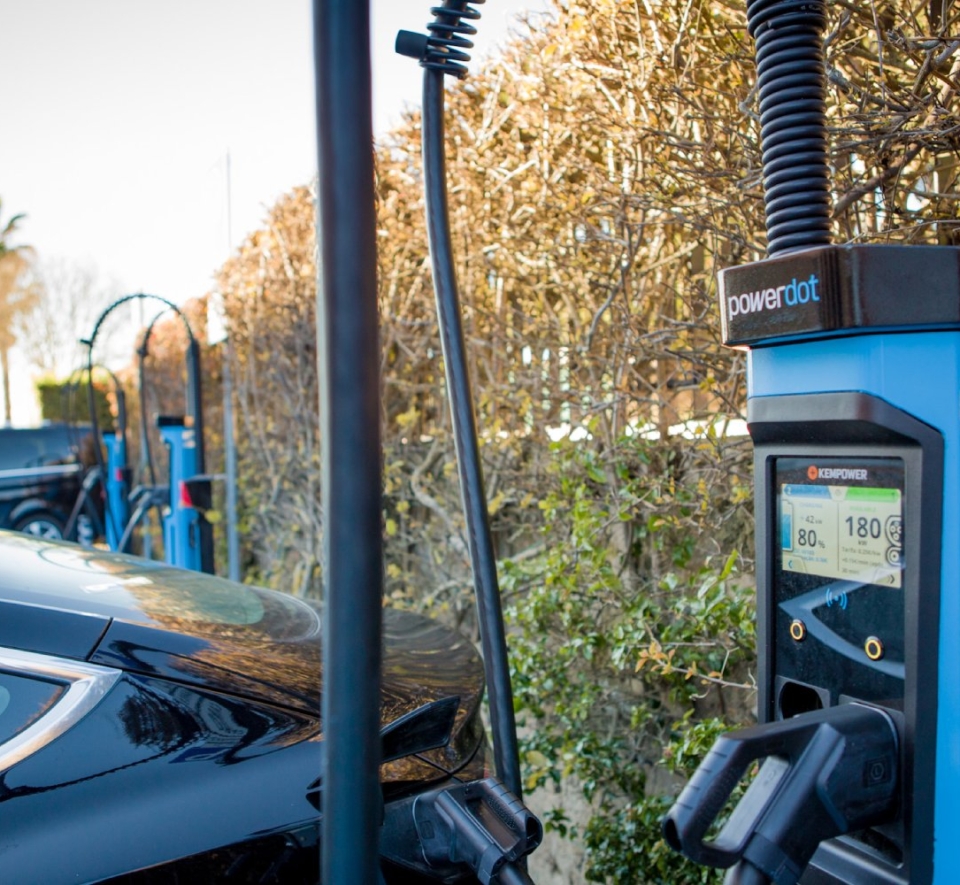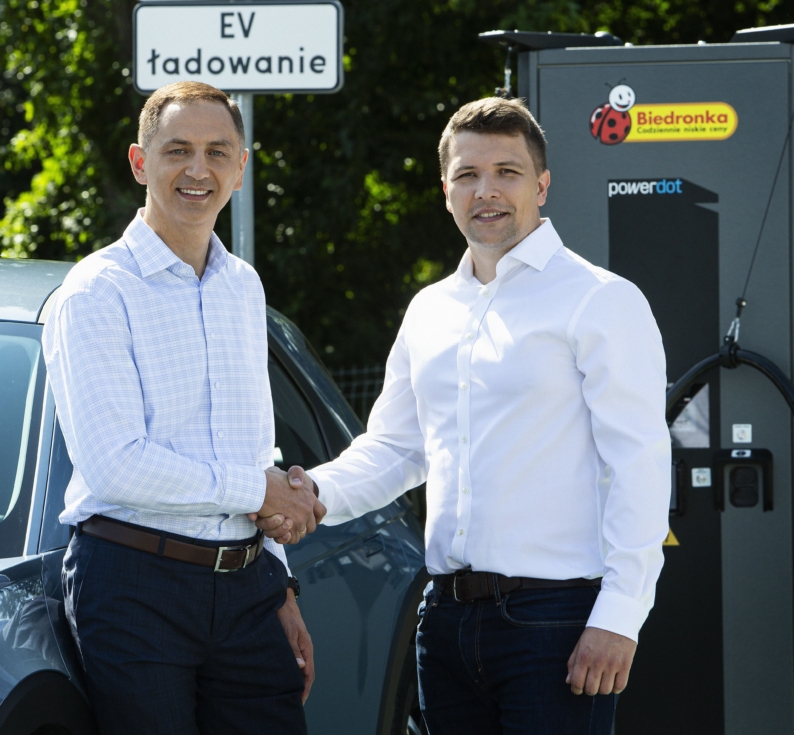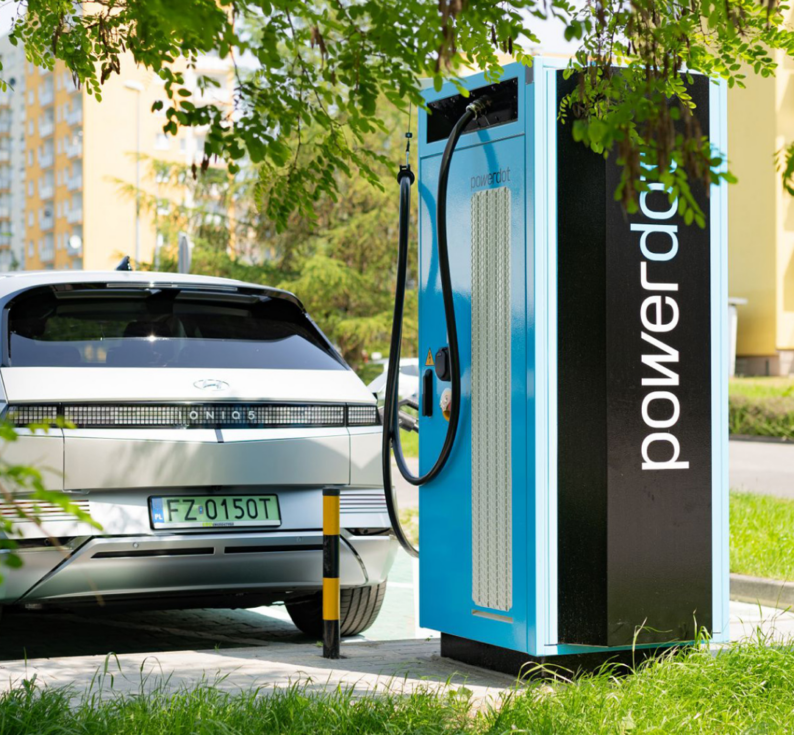When we talk about electric cars, we usually find that people are excited by the idea but they’re worried about the practicalities. In particular, they tend to worry about how is the process involved in charging an electric car and many other questions that may arise.
The good news for you is that electric vehicle charging is just as easy (and often easier) as it is to fill up a traditional vehicle with fossil fuels. The key is to understand what your options are and how to go about it, and that’s where today’s article comes in.
By the time you’ve finished reading this, you’ll know everything you need to know and there’ll be no excuse not to invest in an EV. So what are you waiting for? Let’s take a look at everything you need to know about electric vehicle charging.
How to find EV charging locations?
One of the best ways to find electric vehicle charging stations is to use EMSPs (eMobility Service Providers) and apps which can use GPS and geolocation to tell you where the nearest chargers are. They’ll come in handy on a day-to-day basis, but you can also use them to plan your stops if you’re getting ready to take a road trip.
On top of that, many retailers are starting to deploy EV chargers at their bricks-and-mortar destinations because they know that it can give people a reason to visit them. Most supermarkets and shopping centres now have some sort of EV charging on offer, and you can find EV chargers at a lot of hotels and specialised stores such as Decathlon, too.
Different types of chargers
Different manufacturers use different types of chargers, and the easiest way to think about this is to think about your USB gadgets. The chances are that you own a bunch of gadgets which each use different chargers, and the same is true of EVs. Different manufacturers use different standards, from CHAdeMO to CCS.
The best bet here is for you to consult the owners’ manual for your vehicle to see which kind of charger it uses. It’s also a good idea to familiarise yourself with each of the different types and to bookmark a resource like the RAC which can offer you a visual guide of what’s what.
Different charging types
When it comes to charging an electric car, it’s crucial to consider the most efficient options. While you can charge an electric car using a regular power outlet at a basic level, this method can be time-consuming and place unnecessary strain on your power grid. We highly recommend avoiding this option if possible and reserving it as a last resort. Instead, by opting for more advanced charging solutions provided by Powerdot, you can ensure a faster and more reliable charging experience for your electric car while minimizing the impact on the power grid.
The next step up is to have a dedicated electric vehicle charging point, but these are slow and far from the best option. Your main options are as follows:
AC fast chargers: These convert AC from the power gnto the DC that most EVs use and can recharge a full car in around four hours. These are what you’ll often find in car parks or at supermarkets, although we’re working on changing that.
AC rapid chargers: Ideal for recharging in the middle of longer journeys, AC rapid chargers use more power than AC fast chargers but follow the same process of converting AC into DC.
DC rapid chargers: These are the DC equivalent of AC rapid chargers and tend to support faster speeds and cut out the middleman. However, they’re also more expensive to install, which is one of the reasons why more and more people are choosing to offset that cost by partnering with Powerdot.
DC ultra-rapid chargers: These are DC rapid chargers on steroids, delivering as much as seven times much power in the same amount of time. There aren’t many of these around at the moment, but we’re working on changing that.
How long does it take to charge an electric car?
The time needed to charge your electric vehicle depends on various factors, such as the battery capacity, the charging speed, the maximum charging rate of the charging point, the state of the battery charge, and even environmental factors (colder temperatures can make the charging process slower).
Electric cars typically take just under eight hours to charge from empty to full using a 7kW charging point, for example. This applies to a typical electric car with a 60kWh battery. However, if you’re using a 50kW rapid charger, you can add up to 160 km of range in approximately 35 minutes.
If you want to nerd out and do the maths, here’s the formula you can use to figure it out:
Battery size (kWh) ÷ Charger power (kW) = Charging time (hours)
How much does it cost to charge an electric car?
Charging an electric car is usually cheaper than filling an equivalent car with gas, but you also need to bear in mind that you’ll have to pay for the infrastructure. You can expect a decent home charging unit to set you back a couple thousand bucks, and that’s if you’re able to offset it with grants.
Costs vary, but the RAC has calculated that it costs about €16.50 to fully charge a Renault Zoe ZE50, or around €95 a month if you plan to travel 20,000 kilometres every year. In other words, it can cost you more to fill up a regular vehicle with fuel than it will to run your EV for a whole month.
There’s also a lot that you can do to bring those costs down, such as by charging overnight when the demand for electricity is lower and you can pay a lower tariff.
How far can an electric car go?
Back in the day, when people were considering buying an electric car, their biggest concern was range anxiety. In other words, they were worried that they were going to run out of charge before they were able to get to their destination.
These days, range anxiety is less of a concern, with some vehicles boasting a range of over 800 kilometres between charges. Instead, people worry about how they’re going to charge their vehicle in the first place. But as we’ve covered in this article, that’s not really cause for concern, either.
How long do electric car batteries last?
We’ve already taken a look at how far an electric car can travel on a single charge, and so for this question, we’re going to take a closer look at the batteries themselves. After all, even rechargeable batteries don’t last forever.
The length of time you can expect your battery to last without needing to replace it will vary from manufacturer to manufacturer, and so the best bet is to consult with the manufacturer and to back that up with the results of independent testing where possible.
However, as a general rule, most newly built electric cars come with warranties that last for around eight years or 160,000 kilometres, whichever milestone is reached first. Practically speaking, they’re likely to last a little longer than that, but if they fail before then, you’ll probably be able to get a replacement for free.
Conclusion
Now that you know everything you need about charging an electric vehicle, you probably understood how important is to have chargers where people naturally go. If you own or are thinking about buying an electric car, know that Powerdot is working to make the process of charging an EV as simple as charging a smartphone. And so for that to happen, chargers need to be available where people naturally spend their time.
With that said, if you own a car park and want to be part of our robust charging network at 0 costs, talk to us. Simply fill out the form and we’ll be in touch within the next 48 hours to chat about the next steps. Together, we can change the way we think about EV charging.










